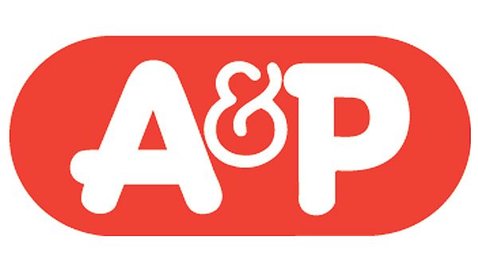Grocery Store Layoffs
Post Views 5The Great Atlantic & Pacific Tea Company, known as A&P, announced layoffs in October 2012. The Bergen Record newspaper, citing an unnamed employee as its source, stated about 40 workers were terminated, including a senior vice president, a vice president and five department directors.
A & P grocery stores offer banking, pharmacies, and florists. Besides the layoffs, A&P announced closing its Pathmark store in downtown Manhattan, NY at the end of December 2012 to let a residential project be built at the site. In March 2012, A&P emerged from bankruptcy as a private company. In July 2012, A & P confirmed eliminating accounting and finance jobs over six months. The company decided to outsource jobs to India.
Loblaws in Canada announced the layoffs of 700 employees, affecting its head office in Brampton, Ontario. Loblaws has grocery stores in Ontario and Quebec. Founded by Theodore Loblaw, Loblaws stores sell alcoholic beverages, bakery, clothing, dairy, deli, frozen foods, meat and poultry, pharmacy, produce, seafood, and snacks.
There is much regulation in the operation of a grocery store that can add to the cost of procuring food, beverages, and other items for customers. The increase in compliance costs and the inability to move goods may lead to layoffs.
For instance, stores have to make sure to not sell items past the original code date, also known as the “use or freeze by date”, “best before” or “sell by date. When a supermarket rewraps a product such as when a consumer returns an item, the grocery store uses the original code date on the weigh/price label to make sure it does not sell expired goods. As to frozen products, thawed, previously frozen products must be labeled. A consumer can get ill from re-frozen previously frozen product.
For fresh foods, such as meat, a grocer needs to make sure it does not grind trimmings from reworked beef or beef cuts previously wrapped for display. There are health reasons for a supermarket not to sell meat by grinding outdated, distressed, re-wrapped, previously wrapped, or discolored meat.
Complaints from customers can also add to the operations costs of a supermarket. A consumer can have a claim for food safety when a store does not properly clean and sanitize the equipment. For example, when cutting meet, the tables need to be cleaned between meat species. Pork, veal, and lamb, should be ground separately through a dedicated service grinder. When meat is improperly ground, a consumer can get sick.
Grocery Store Layoffs by Harrison Barnes



 James B. Craig Nursing Center at Central State Hospital Closing
James B. Craig Nursing Center at Central State Hospital Closing  Hawker Beechcraft Issues Another Round of Layoffs
Hawker Beechcraft Issues Another Round of Layoffs